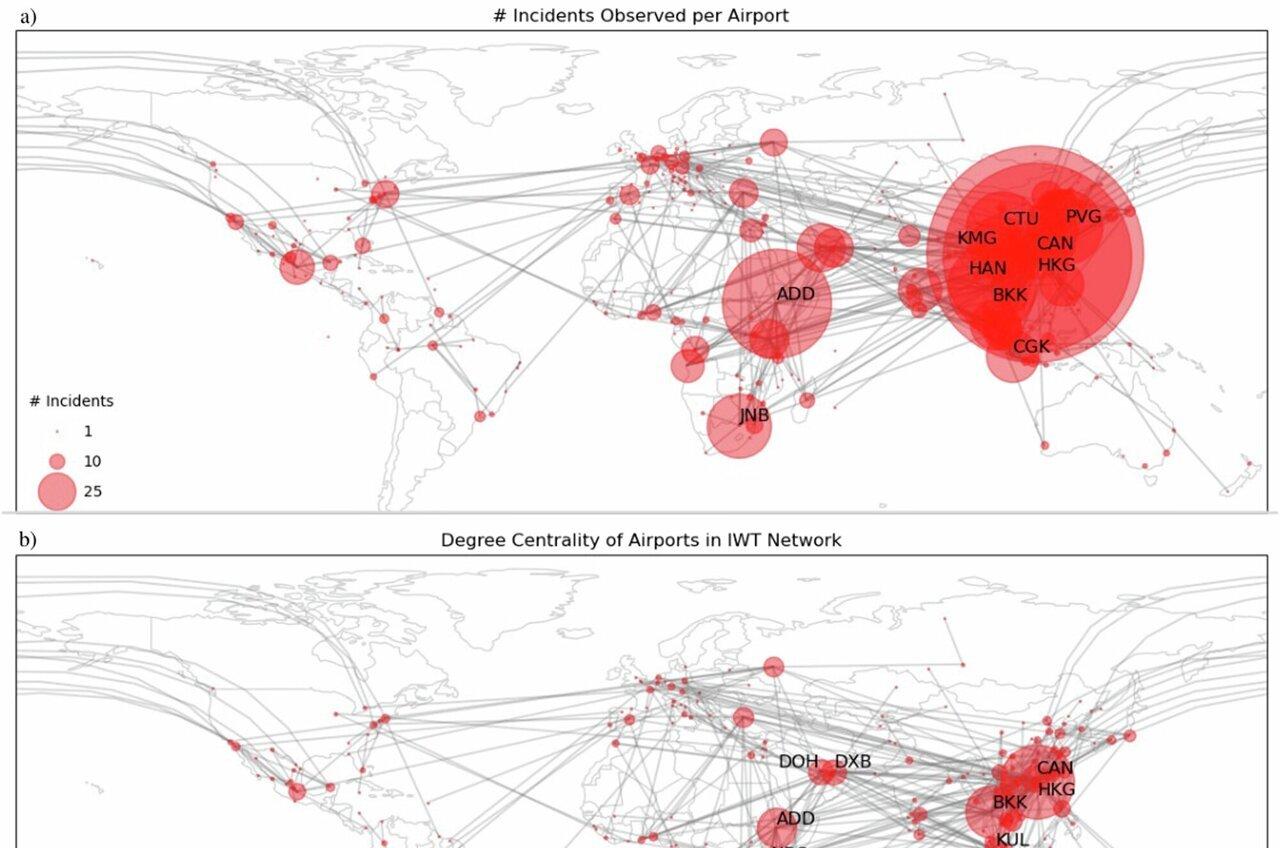Etihad "quietly" acquiring aircraft as growth continues
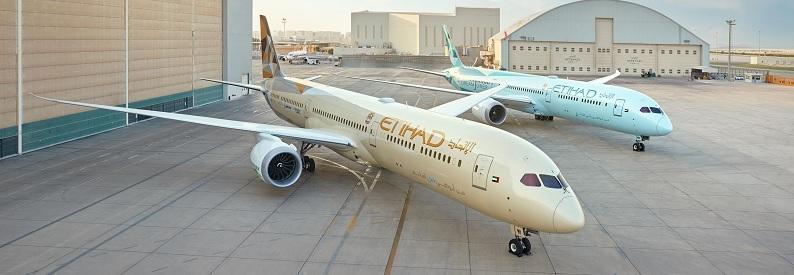
Etihad Airways Quietly Expands Fleet Amid Strategic Growth
Etihad Airways is accelerating its fleet expansion as part of a broader strategy to strengthen its global presence, with plans to operate 170 aircraft by 2030. CEO Antonoaldo Neves, speaking to Gulf News, revealed that the Abu Dhabi-based carrier has discreetly acquired 60 new aircraft through a mix of purchases and leases. This low-profile approach reflects Etihad’s preference for operational announcements over publicizing large-scale acquisitions. “We are not in the announcement business about 200 and 300 planes. Our business is to sell tickets. So every time we launch a new destination, we announce it,” Neves said.
Fleet Orders and Current Composition
The details of Etihad’s recent acquisitions surfaced alongside confirmation of a significant Boeing order for 28 widebody aircraft, including B787 and B777X models. The order was announced during US President Donald Trump’s state visit to the Middle East on May 16, though the exact breakdown remains undisclosed. Neves indicated the order could grow beyond the initial 28 aircraft, and it is unclear whether this represents a new deal or a reaffirmation of previous commitments.
Since 2022, Etihad’s fleet has grown from fewer than 70 aircraft to 105, now comprising:
- Fourteen A320-200s
- One A320-200N
- Nine A321-200s
- Four A321-200Ns
- Two A321-200NXs
- Two wet-leased A330-200s
- Six A350-1000s
- Ten A380-800s
- Five B777-200Fs
- Nine B777-300ERs
- Ten B787-10s
- Thirty-three B787-9s
Future Growth Plans
Looking ahead, Etihad expects delivery of 97 additional aircraft, including:
- Twenty A321-200NX(LR)s
- Fourteen A350-1000s
- Ten A350Fs
- Eight B777-8s
- Seventeen B777-9s
- Twenty B787-10s
- Eight B787-9s
These orders are part of an ongoing expansion effort, with negotiations involving both Airbus and Boeing. Etihad’s strategy of quietly acquiring aircraft comes amid market uncertainty, as the airline seeks to maintain flexibility and avoid drawing competitive attention. Industry observers note that this approach could prompt rival carriers to pursue similar fleet growth initiatives in response.
Investment and Modernization
Beyond expanding its fleet, Etihad is investing heavily in upgrading its existing aircraft. The airline has earmarked USD 1 billion for a cabin retrofit program covering about 50 planes, part of a larger five-year, USD 7 billion investment plan. This initiative includes new aircraft purchases, network adjustments, and route expansions. However, the retrofit program—set to begin by late 2025—has encountered delays due to supply chain challenges, particularly in sourcing business class seats and lavatories.
Financial Strategy and IPO
To support its ambitious growth, Etihad is preparing for an initial public offering (IPO) expected to raise approximately USD 1 billion. Reports indicate the IPO could take place as early as the second quarter of 2025, further strengthening the airline’s financial position.
Etihad’s measured, discreet approach to fleet expansion and investment underscores its commitment to sustainable growth, even as it navigates a competitive and uncertain aviation landscape.
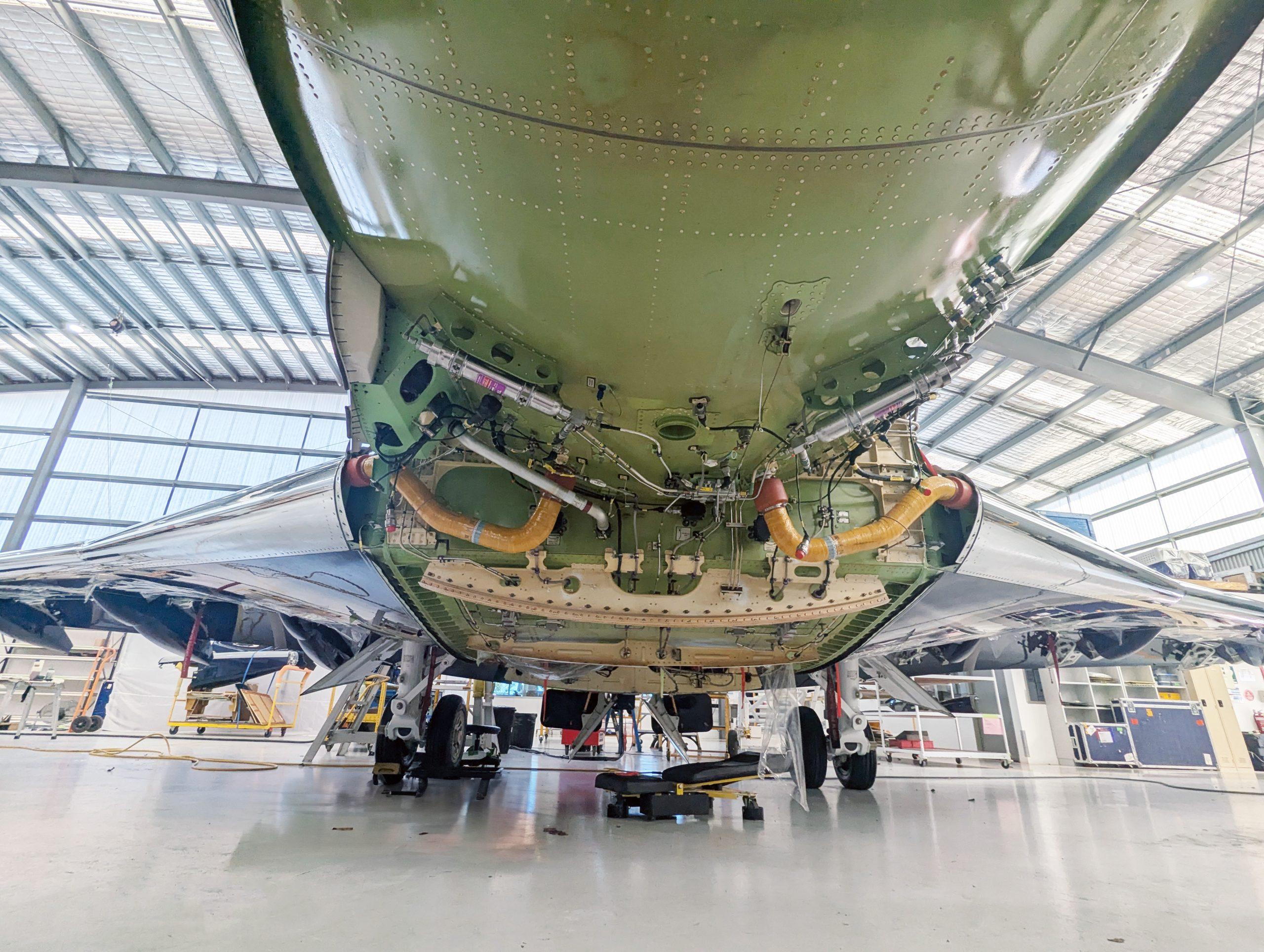
ExecuJet MRO Services Australia completes 1st Embraer Legacy 500 120-month check
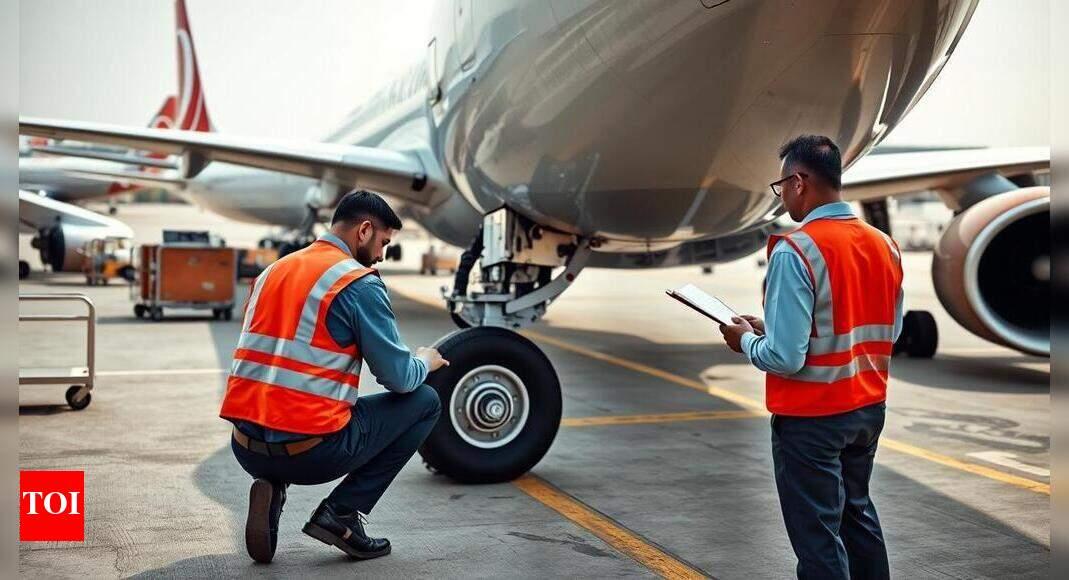
Explosives in cargo, no engineer at arrival: What officials found on Turkish Airlines planes at Delhi, Bengaluru, Chennai, Hyderabad airports | Delhi News
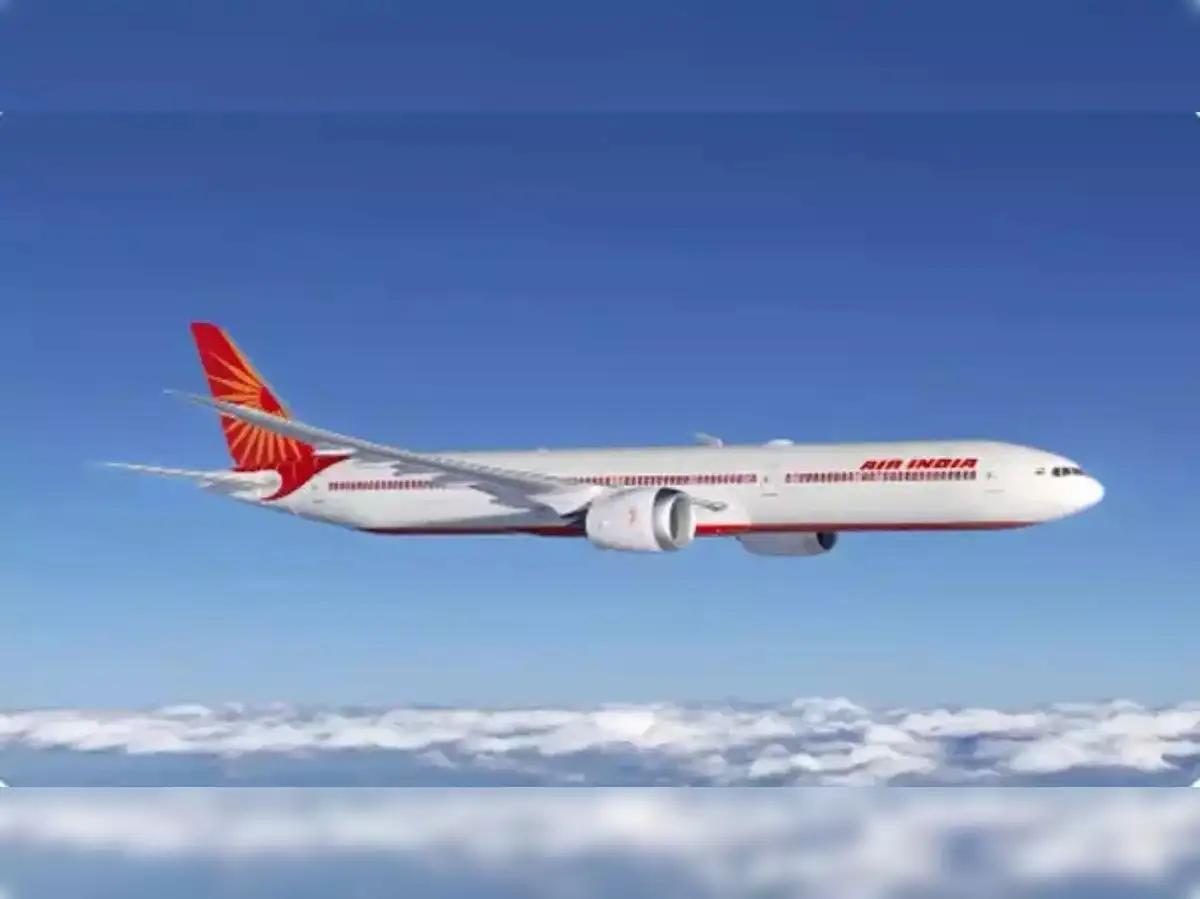
Airbus Prioritizes 1200+ New Deliveries to IndiGo and Air India
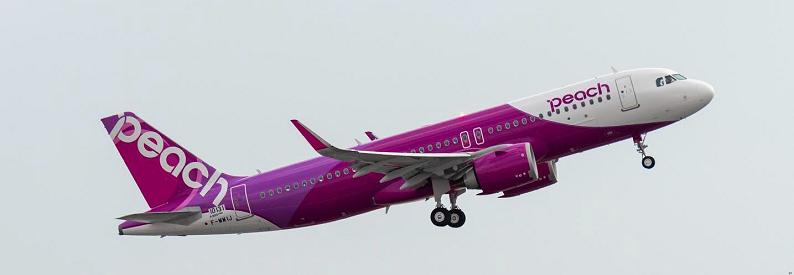
Japan's Peach Aviation leases hangar for business jet ops
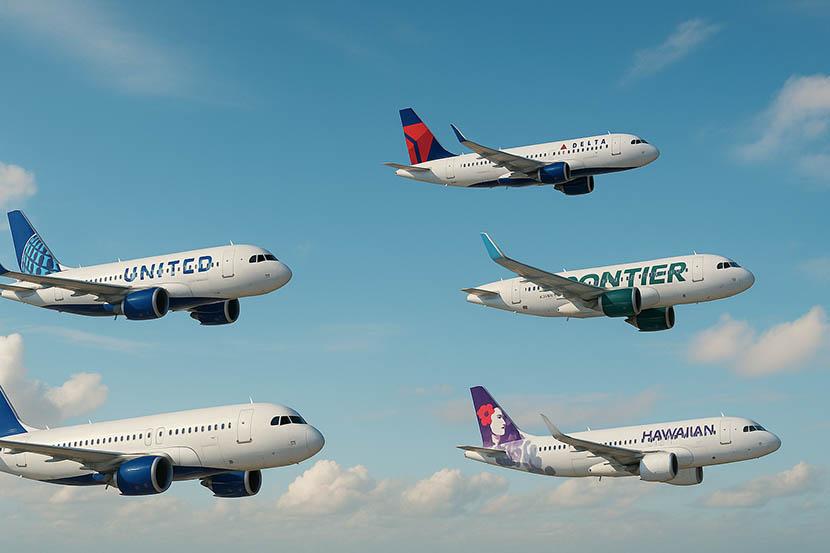
United Airlines Joins with American, Delta, Frontier, Hawaiian in Delivering Airbus Orders, Electrifying Future of US Air Travel - Travel And Tour World
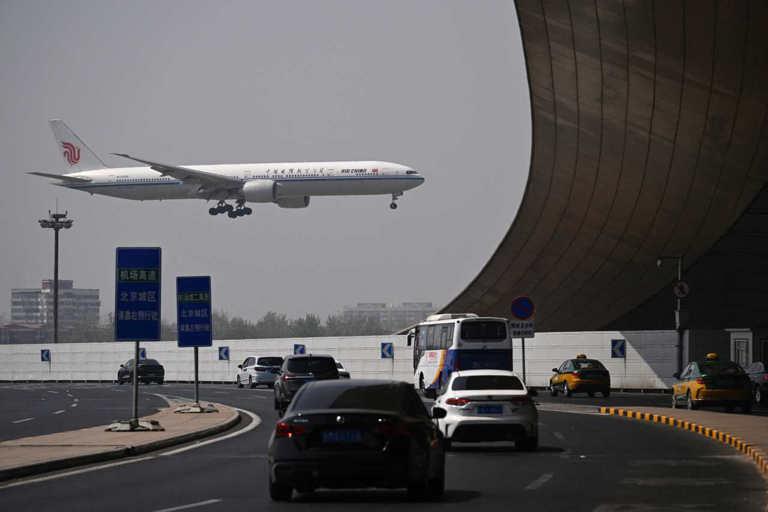
Boeing Stock Dips. Airbus May Have Won a Big China Order, Report Says.
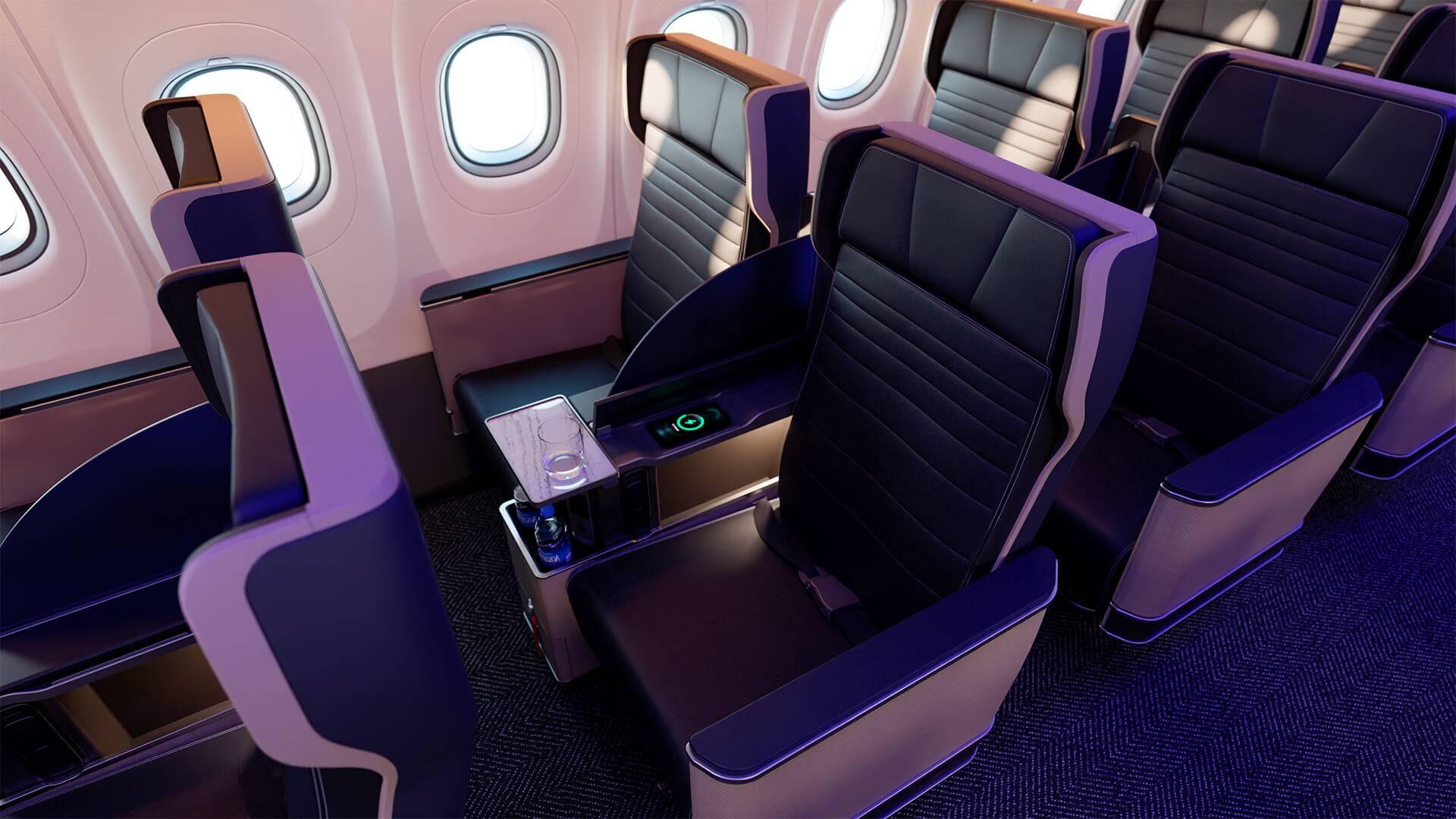
United Airlines Silently Orders 40 Airbus A321neos
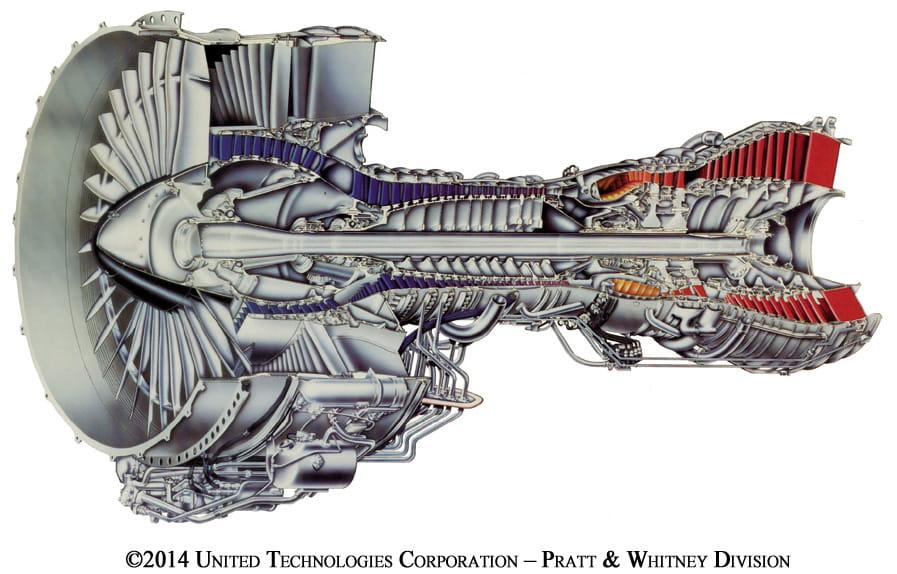
US FAA proposes PW2000 checks over metal contamination
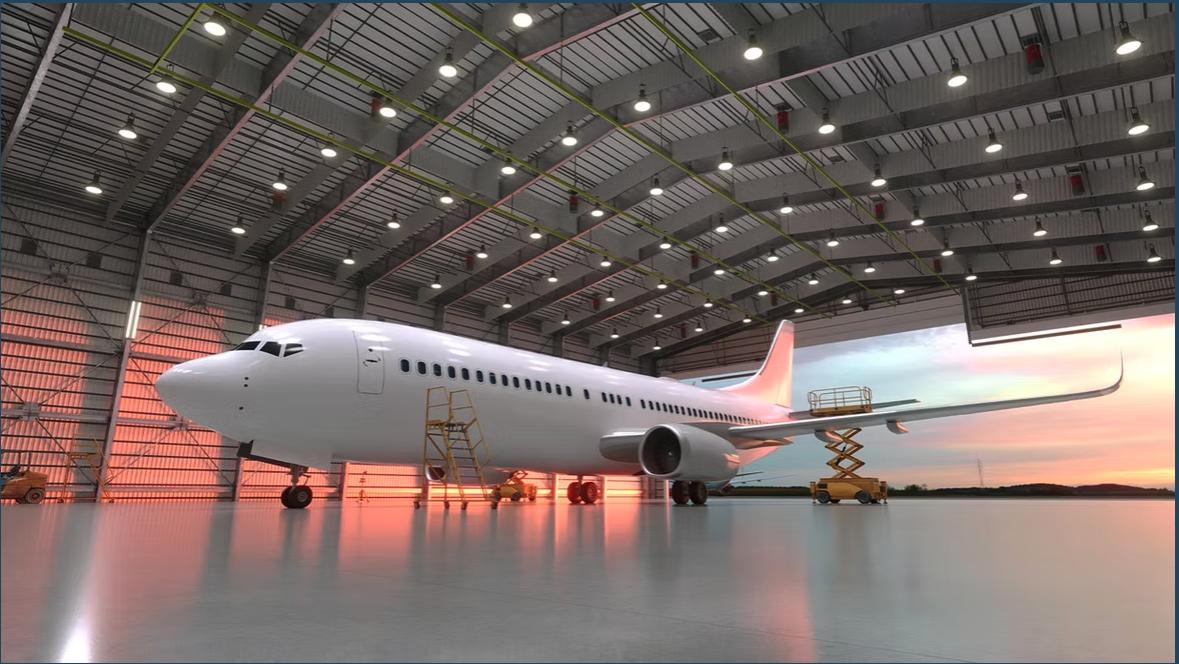
We Fix Big Planes: Company to Bring 250-300 Jobs to Lakeland Airport
